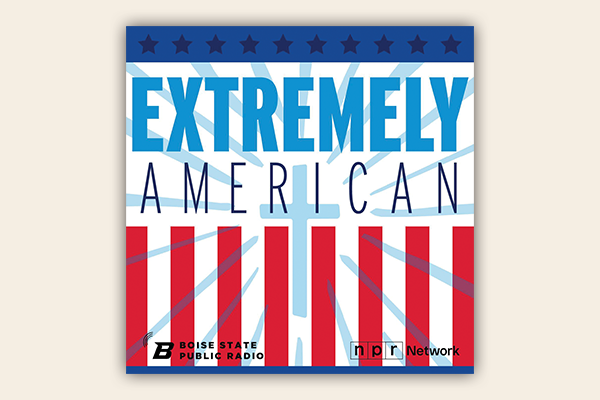WHAT'S THE MOST generic, uninteresting building in your town? Probably the new bank branch, all brown brick with sterile “landscaping” in the parking lot.
And what’s the most dangerous building in your town? Probably the new bank branch, with its drive-through window and its smiling teller and its pens on chains.
Dangerous because if it’s connected to one of the big national banks—Chase, Citi, Wells Fargo, Bank of America—that branch is deeply enmeshed in the destruction of God’s creation that climate change represents. It’s taking your money and turning it into carbon.
Those four banks—the same ones that helped nearly bring down the world economy in 2008—are the main lenders to the fossil fuel industry. If you want to build a new gas pipeline, if you wish to frack a well, if you hope for a shiny new LNG port, all you have to do is apply and chances are you’ll get your cash. Consider Chase, which lends more than any bank on Earth to the fossil fuel industry. In the last three years it handed the industry $196 billion. For ultra-deep-sea drilling, for Arctic exploration—you name it. It’s single biggest energy client? TC Energy, which is still trying to punch the Keystone XL pipeline across the continent. Its lending has gone up—way, way up—since the Paris climate accords. If Exxon is a carbon giant, so is Chase.
The rest of the banks aren’t far behind, nor is the rest of the finance industry. Big asset managers such as Blackrock own most of the world’s coal and gas and oil; big insurance companies such as Liberty Mutual not only pour your premium dollars into fossil fuel stocks, they also offer the insurance that lets these companies keep building new infrastructure (even as they abandon homeowners who now find themselves living amid drought-fueled wildfire zones or on the edge of a rising sea).
As the pope has been saying, we need to count abuse of the planet as a sin. We all have something to answer for, but few of us come close to these guys. You can almost even feel sorry for Exxon—they fight for their survival, since they only know how to do one thing. But Chase—Chase could lend to anybody. Oil and gas and coal are just a corner of their business. (Before you start to feel too sad for Exxon, however, reflect that their former CEO, Lee Raymond, has for many years been on Chase’s board—this is a cozy and connected little chamber of horrors.)
Can we do anything about this? We can. We can fight. On April 23, people will be holding teach-ins in Chase branches across America. People will be pulling out their money and cutting up their credit cards. People will be saying “not with my money” and switching their accounts to local credit unions or to the handful of banks that have taken this crisis seriously. People will be trying to shut down the worst pipeline of all, the pipeline of money.
Will you be there? Perhaps you’ve admired all the young climate strikers around the world, who have done so much to awaken the planet’s consciousness. Admire them you should—but it’s not okay to take the world’s biggest problem and hand it off to junior high students. Time to be an adult.

Got something to say about what you're reading? We value your feedback!







